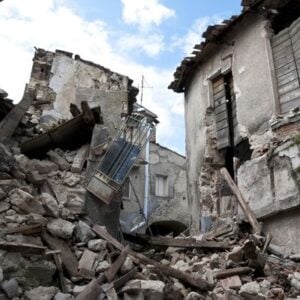South Asian communities have come together to raise over $250,000 to support victims of the recent devastating floods in India and Pakistan. The heavy monsoon rains have caused widespread destruction, claiming hundreds of lives and displacing millions across the subcontinent. In India, the state of Punjab, a major agricultural hub producing staples like wheat and rice, has been particularly affected, with nearly 150,000 hectares of farmland submerged and hundreds of low-lying villages threatened by rising rivers.
The fundraising efforts in New Zealand have been spearheaded by the New Zealand Central Sikh Association, with broad support from Gurdwaras nationwide and organizations such as kabbadi federations. The Supreme Sikh Society of New Zealand contributed $40,000, planning to support around 100 families with direct assistance of 100,000 rupees each through local village authorities once floodwaters recede. Gurdwaras and community organizations collectively added significant contributions, while Auckland-based Punjabi radio station Radio Spice raised over $17,500 and plans to host a radiothon to generate an additional $20,000 for relief efforts. Volunteers and community members have also traveled to Punjab to witness the scale of devastation firsthand and provide direct support to affected families.
In Pakistan, the floods have been equally catastrophic, particularly in the Punjab region, where at least 118 people have died. A UN report indicated that over 6 million people have been affected since the unusually heavy monsoon rains began in late June, including around 250 children. The Pakistan Association of New Zealand has donated $60,000 through the Al Khidmat Foundation to support relief work and continues to mobilize additional funds. Leaders have emphasized that with a significant portion of the population living below the poverty line, ongoing support is critical to help communities recover from this unprecedented disaster.
The combined efforts of South Asian communities in New Zealand underscore the solidarity and commitment to aiding flood victims, highlighting both the immediate humanitarian response and the need for sustained support to rebuild lives, restore livelihoods, and address long-term economic and agricultural losses in the affected regions.







